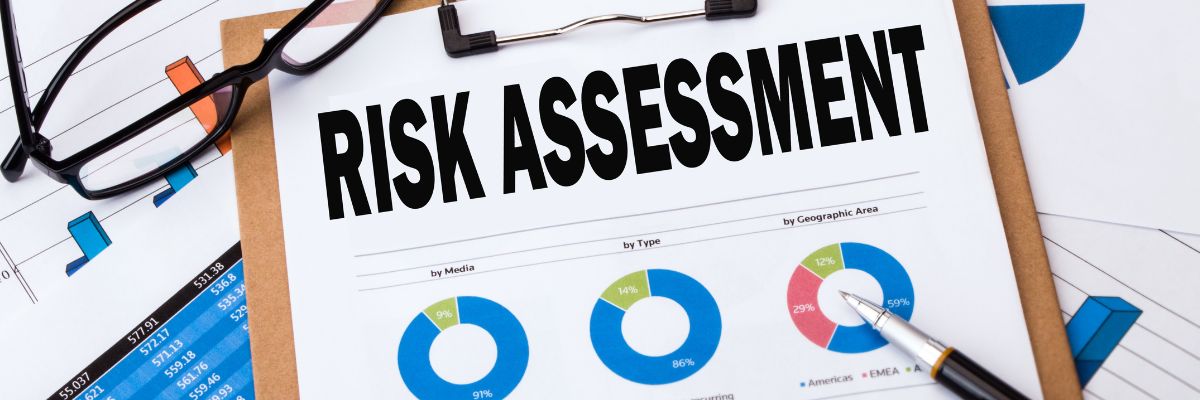FREQUENTLY ASKED QUESTIONS
What is WHS auditing?
Workplace Health and Safety (WHS) auditing is a systematic examination of an organisation's health and safety management systems to ensure compliance, identify risks, and enhance workplace safety against a set of governing legislative requirements and obligations specific to the organisation.
Why is safety auditing important?
WHS auditing is essential for maintaining a secure work environment. Factual evidence-based and reproducible auditing results form the foundation for effective hazard and risk control. It ensures legal compliance, accident prevention, and continuous improvement in health and safety practices within the framework of our operations.
What types of businesses benefit from a WHS audit?
Safety auditing are beneficial for businesses of all sizes and industries. They assist in assessing the effectiveness of management systems, identifying areas for improvement, and fostering a culture of safety tailored to our commitment to compliance and workplace well-being.
How often should a company undergo a WHS audit?
The frequency of WHS audits depend on factors such as the organisation's size, industry regulations, and previous audit findings. We recommends regular audits, at least annually, for proactive risk management and continual improvement in alignment with their dedication to workplace safety.
What does a WHS auditor assess during an audit?
WHS auditors evaluate the effectiveness of safety policies, procedures, risk assessments, training programs, incident reporting, and overall compliance with relevant WHS legislation.
Can safety audits help in preventing workplace incidents?
Yes, WHS auditing play a crucial role in identifying potential hazards, assessing risks, and implementing corrective actions, thereby preventing workplace incidents.
How can safety auditing benefit my business financially?
WHS auditing can reduce the financial burden associated with workplace accidents, fines, and legal liabilities. It also enhances overall operational efficiency and productivity.
Are WHS auditors independent from regulatory bodies?
Yes, reputable auditing services operate independently from regulatory bodies to ensure objectivity and impartial assessment.
How long does a typical WHS audit process take?
The duration of a WHS audit varies based on the size and complexity of the organisation. Generally, it can range from a few days to several weeks.
How can my company prepare for a safety audit?
To prepare for a WHS audit, ensure all safety documentation is up-to-date, conduct internal safety assessments, and communicate the importance of safety measures to all employees.
Can WHS auditors provide recommendations for improvement?
● As a general rule, auditors do not provide recommendations or action plans. They may informally provide guidance on how other companies have met their obligations and industry best practices, however, to ensure impartiality, particularly as a 3rd party independent entity, they should not be involved in the system updates and changes.
● Yes, WHS auditors not only identify areas of non-compliance but also provide recommendations and action plans for continuous improvement in workplace safety.
What certifications or qualifications should I look for in a WHS auditing service?
Look for auditors certified by recognised bodies, possessing relevant qualifications in occupational health and safety, and with a proven track record of conducting successful WHS audits.







